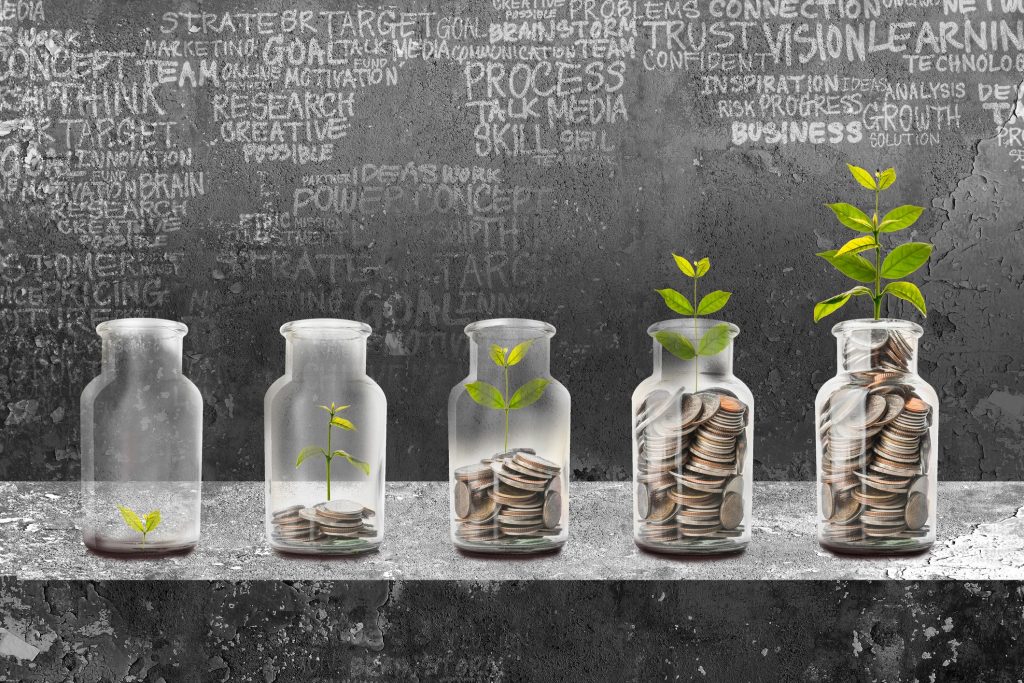As a real estate investor, you must be wondering about the profitability of your investment(s). And if so, how profitable are they, and how do you calculate them?
In fact, there are several answers to the above question, and all of them are valid.
Here are some of the methods you could employ to measure the worth of a real estate investment: return on investment, cash-on-cash, internal rate of return, and many more. Thus, before investing, make sure to research this myriad of financial ratios!
Return on Equity is a form of calculation that can assist you in understanding the effects of market changes and movements in real estate trends. Investors should perpetually assess how these external influences may impact a property’s value. Otherwise, it’s just bad planning.
Now that we have your attention, carefully thread this article to learn more about return on equity in real estate investments!
What is Equity?

First, let’s establish what equity is. Fundamentally, equity is the value left after paying off a property’s loan.
For instance, you bought a house for RM200,000. You were then able to come up with a 10% down payment of your home’s selling price, or RM20,000 in this case. Thus, your lender will then issue you RM180,000 worth of mortgage loan.
As your house is worth RM200,000, you currently have RM20,000 in equity since RM200,000 – RM180,000 = RM20,000.
Let’s fast forward two years. Hypothetically, you’ve paid down your mortgage on schedule, and your debt currently may be RM170,000. Also, let’s say your house’s worth then rises to RM210,000 due to appreciation.
Hence, according to the formula of RM210,000 minus RM 170,000, your equity value would be RM 40,000.
Additionally, the other metrics, such as the internal rate or cash-on-cash return, are great for calculating the return on your money. But what if you want to sell or reposition your property?
This is where the property’s equity value and, subsequently, return on equity in real estate investments play a considerable role.
What is Return on Equity in Real Estate Investments?
Return on equity, or ROE, is definable as a metric that displays the percentage measure of the return on a real estate investment relative to the real estate investor’s equity.
It considers not only actual cash flow but also the fact that your loan debt is declining gradually (if you have a mortgage), as well as any property appreciation.
ROE can be estimated based on the cash invested divided by the cash return from rents, etc., in the first year of ownership.
Moreover, ROE can also be estimated using the property’s projected value less the mortgage balance ahead of future years. It would represent your current equity investment in the property, arranged for any rise in value and debt payoff.
How to Calculate Return on Equity?

Calculating return on equity is quite simple, mainly if you know how much net cash flow your property generates.
In comparison to the cash-on-cash return that only considers the actual annual cash flow, return on equity incorporates three elements:
- Cash flow
- Mortgage principal pay down
- Appreciation
Hence:
[Total Annualised Return= Cash flow + Principal pay down + Appreciation]
And so:
[Return on equity (ROE) = Total annual cash flow/Equity]
Let’s say your annual cash flow (or rent) is RM 5,000. To reiterate the earlier example with an equity value of RM40,000, your ROE would look like this:
[RM5,000 / RM40,000] = 0.125
0.125 / 100 = 12.5%
Utilising The Powerful Tool of ROE
Alright, we’ve established that calculating the return on equity is essential for your next property decision.
While renovating and other improvements to your rental property will boost its value, increasing cash flow without huge, unreasonable rent increases is typically challenging. As such, raise your cash flow by selling your house and reinvesting in a more lucrative asset. Continue to evaluate your new ROE as the equity in your property rises.
Also, once we’ve built up a significant amount of equity, and we need to figure out how to put it to work. After all, sitting on it won’t yield a high return.
Here’s a question to ponder: Are you getting the most out of your investment? If not, it might be time for you to sell and reinvest as your equity waits to be deployed!
Conclusion

ROE is an instrumental metric that investors should utilise to help them to call the shots. By using ROE, you can estimate your rental property to different investments like stocks or other real estate opportunities.
Not to forget, it helps you produce wealth in a safer and faster way than the other methods of real estate returns.
Whether you are the owner of a property company or a regular landlord, you must ensure that you’re opting for the best investing decisions.
The Rumah-i team has years of experience in property-related matters; reach out today for more tips! If you’re investing in rental property, our experts can help guide you for better property investment.
Those looking to list their properties and find new tenants can utilise the Rumah-i mobile app, available on Google Play and the App Store.




